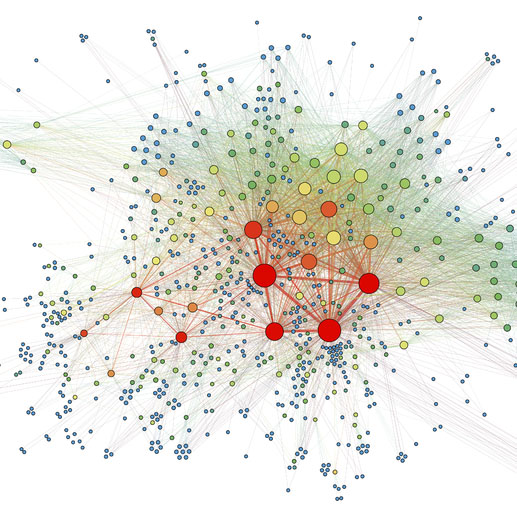Will text analytics render lower-level law jobs redundant as machines learn to search files and produce answers? How far away is digital legislation that can be executed by machines? Should lawyers learn how to code?
Our latest lecture series intends to answer these questions and more, preparing law students, academics and practitioners for the rapidly-changing profession.
Dean of Law Professor Patrick Parkinson said the Technology and the Future of the Legal Profession Lecture Series brought together some of the most innovative legal minds to examine the impact of technology on the legal industry.
“Like other sectors, the legal industry will need to embrace technologies that offer greater efficiency and better ways of working,” he said.
“This will likely mean fewer jobs in areas like document review or other time-consuming tasks that are traditionally assigned to junior lawyers.
“But with these challenges also comes opportunity.
“Machine learning and Artificial Intelligence may assist with predicting case outcomes, while more efficient ways of working may lead to lower legal costs and better access to justice.
“UQ Law School has an outstanding group of academics concerned with these issues who will prepare lawyers to take advantage of the future.”
The series was launched with a lecture by Honourable Chief Justice James Allsop who provided an overview of the role of the court in the uptake of technology.
“As core public institutions, courts need to take a leading role in the responsible implementation of technology in the law and in legal practice, with a specific emphasis on problem solving and the facilitation of the just resolution of disputes in a quick and inexpensive manner, while still maintaining the fundamentally human character of the courts,” he said.
“The uptake of technology is not about the use of buzzwords.
“There are challenges created by the permeation of society by technology, but also great opportunity.
“The courts have a substantial role to play in leading the way in the uptake of technology in the legal field, and we are very motivated and excited to play it.
“I have no doubt that the discussions that follow – which range from text analytics and the law firms of the future, to digital legislation and demystifying AI – will contribute substantially and critically to the present impetus to weave technological developments into the heart of the courts, the profession, and the law.”
The series will continue with presentations by University of Pittsburgh Professor Kevin D. Ashley, an expert on computer modelling of legal reasoning and cyberspace legal issues, and McCullough Robertson COO Kim Trajer and inaugural Innovation Ambassador Milan Gandhi.
Visit the series website to view all events and register.
The lecture series is organised by the UQ Law, Science and Technology Program.
Media: Katie Rowney, media@law.uq.edu.au or +61 7 3443 1321.




